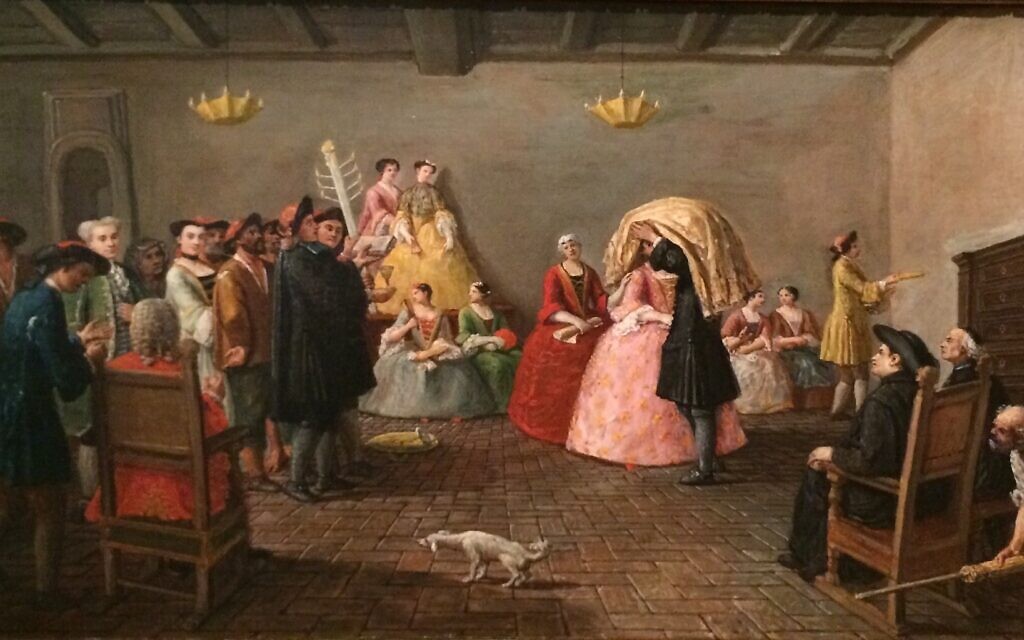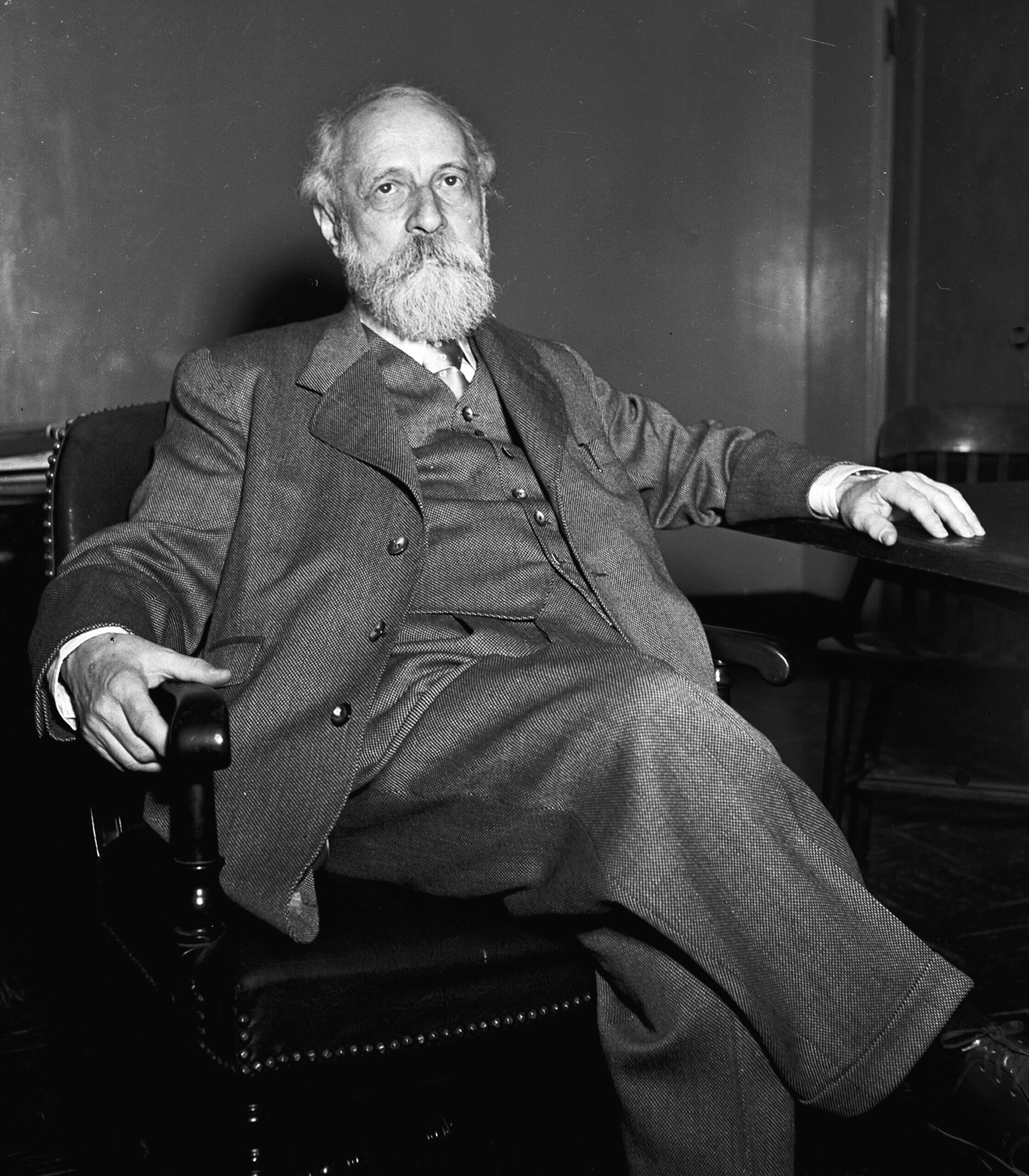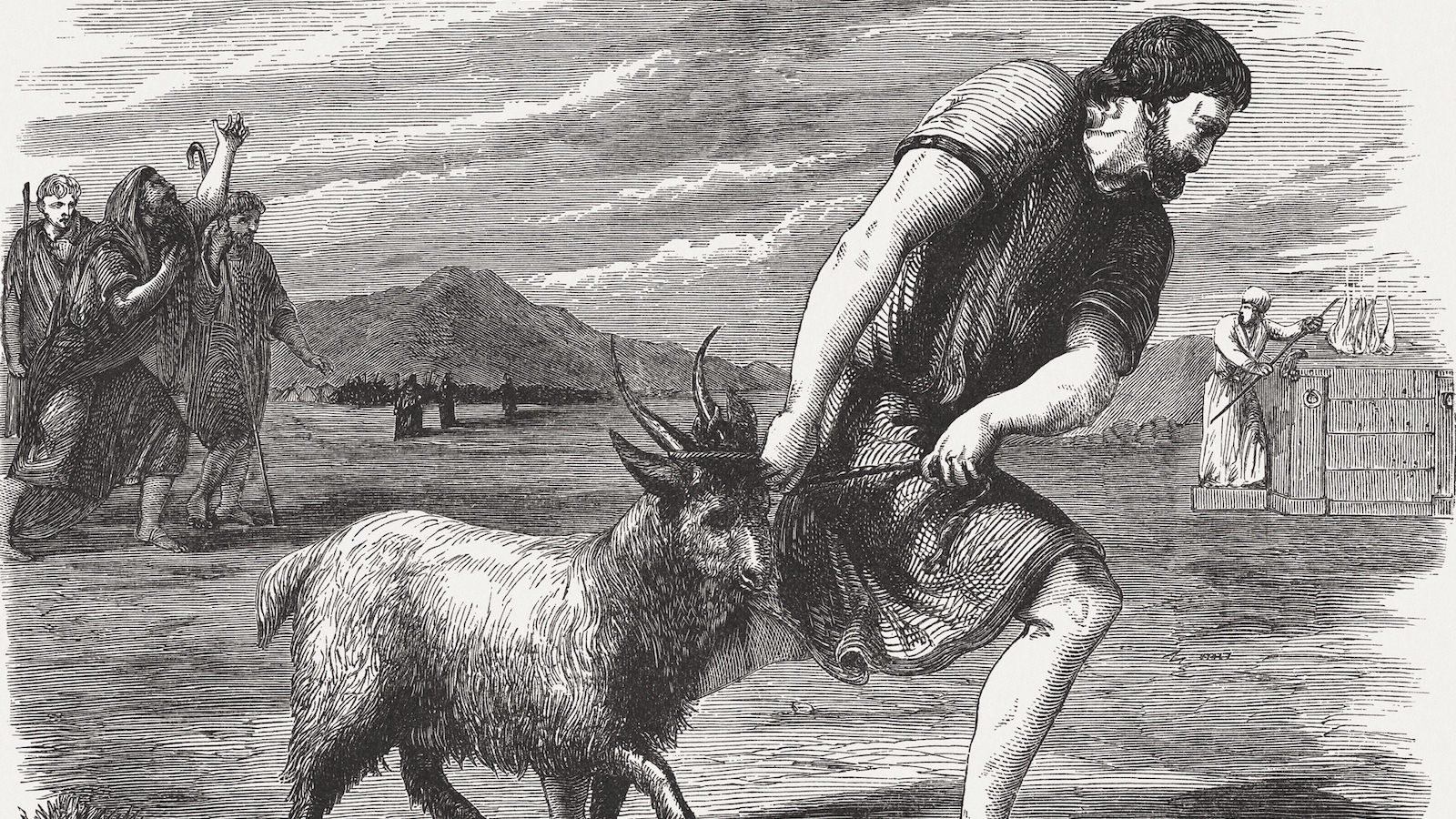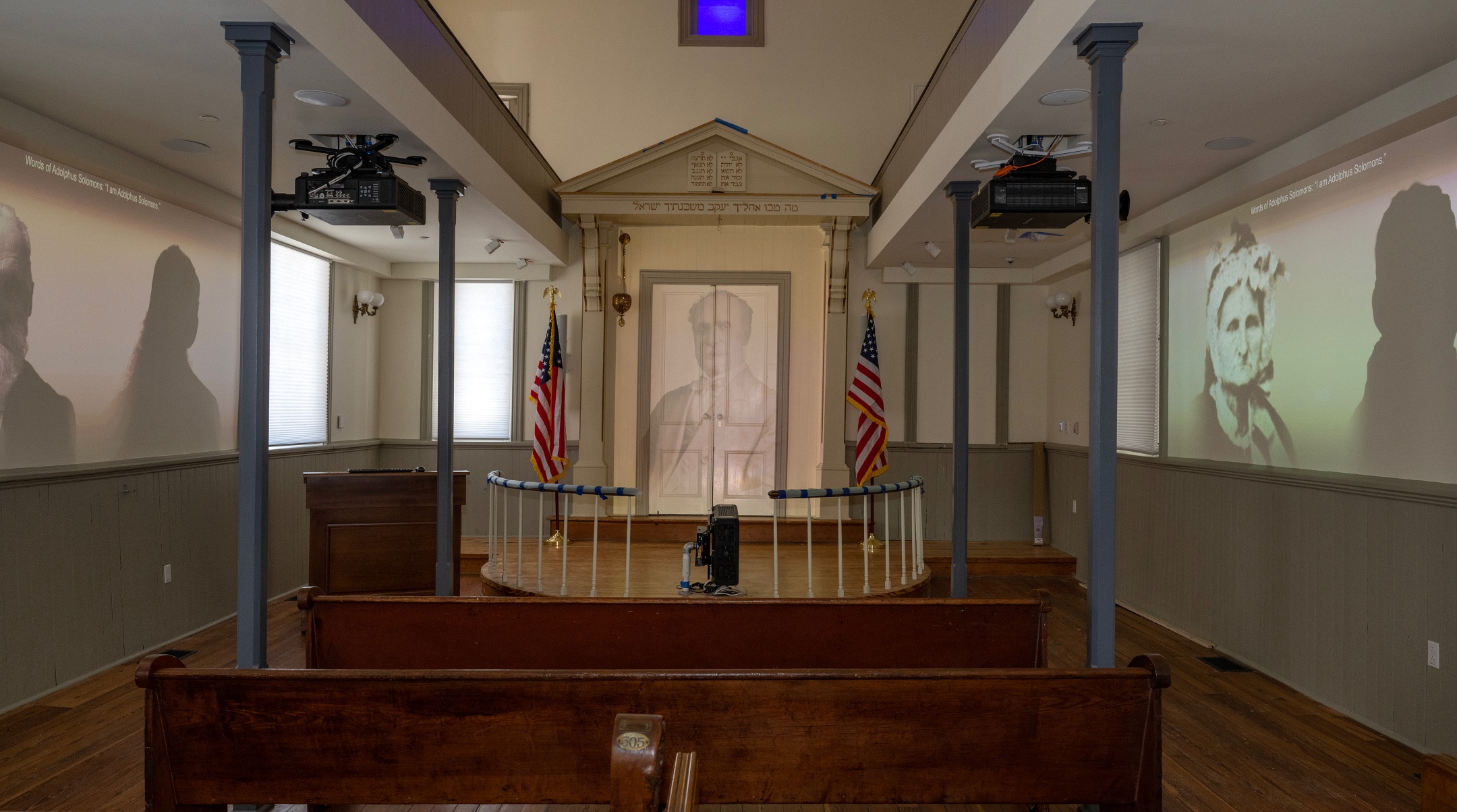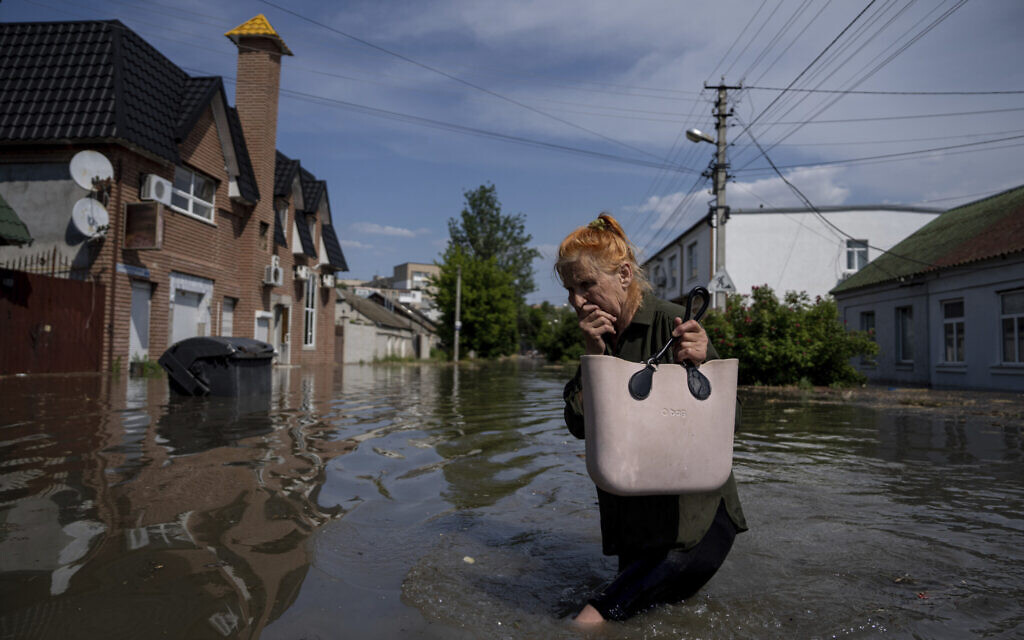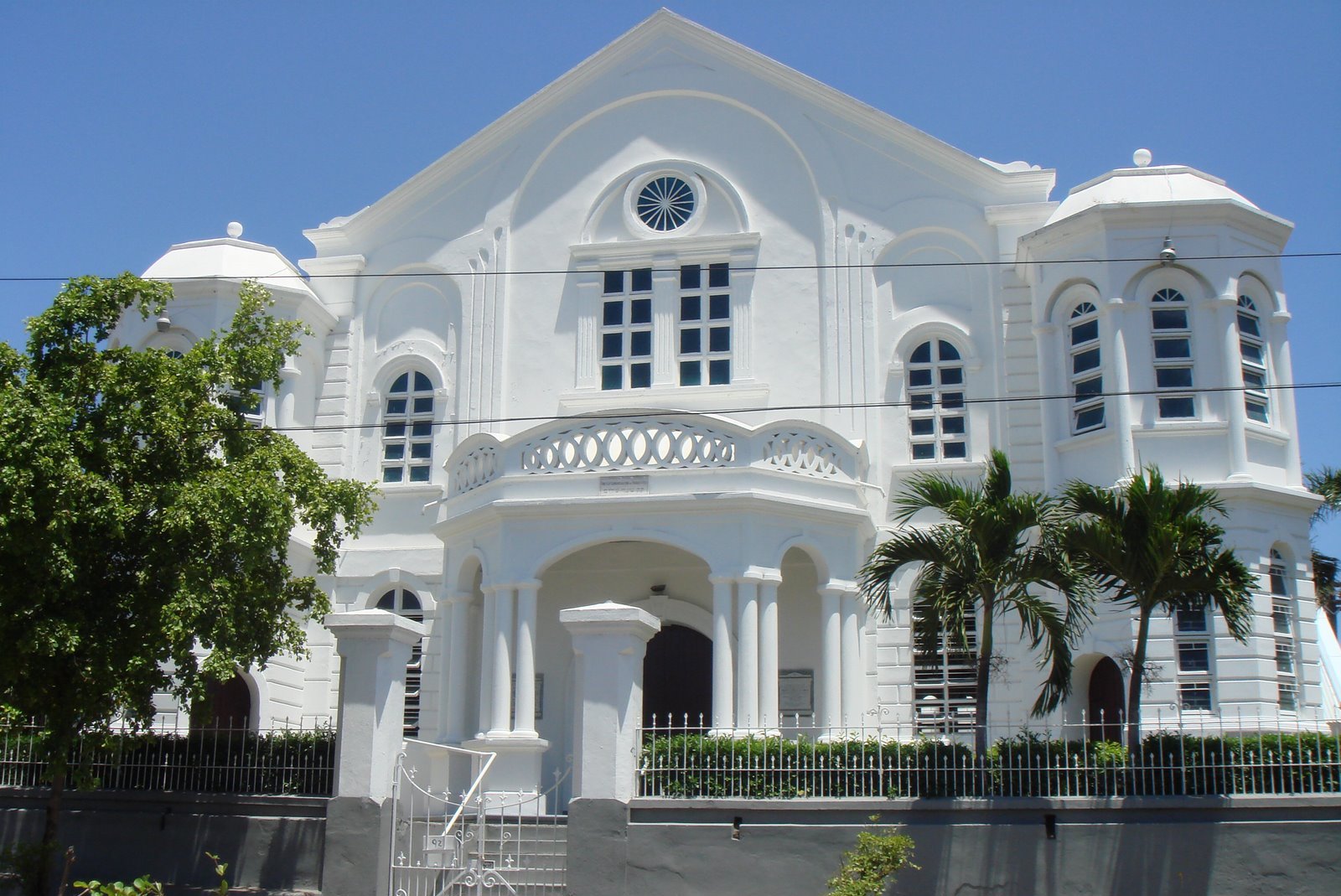Sixties Fan
Diamond Member
- Mar 6, 2017
- 58,742
- 11,130
- 2,140
- Thread starter
- #441
Israeli Defense Forces Capture Golan Heights (1967)
Until the Six-Day War (see “Today in Jewish History” for Iyar 26), the Syrian army was deployed in strong fortifications on the Golan Heights, from which they repeatedly shelled the Israeli settlements below. On the fifth day of the war, the Israeli Army broke through the Syrian front. Facing very difficult topographical conditions, they scaled the steep and rugged heights. The Engineering Corps cleared the way of mines, followed by bulldozers which leveled a route for the tanks on the rocky face. After more than 24 hours of heavy fighting, the Syrian deployment collapsed and the Syrian forces fled in retreat.
Until the Six-Day War (see “Today in Jewish History” for Iyar 26), the Syrian army was deployed in strong fortifications on the Golan Heights, from which they repeatedly shelled the Israeli settlements below. On the fifth day of the war, the Israeli Army broke through the Syrian front. Facing very difficult topographical conditions, they scaled the steep and rugged heights. The Engineering Corps cleared the way of mines, followed by bulldozers which leveled a route for the tanks on the rocky face. After more than 24 hours of heavy fighting, the Syrian deployment collapsed and the Syrian forces fled in retreat.
